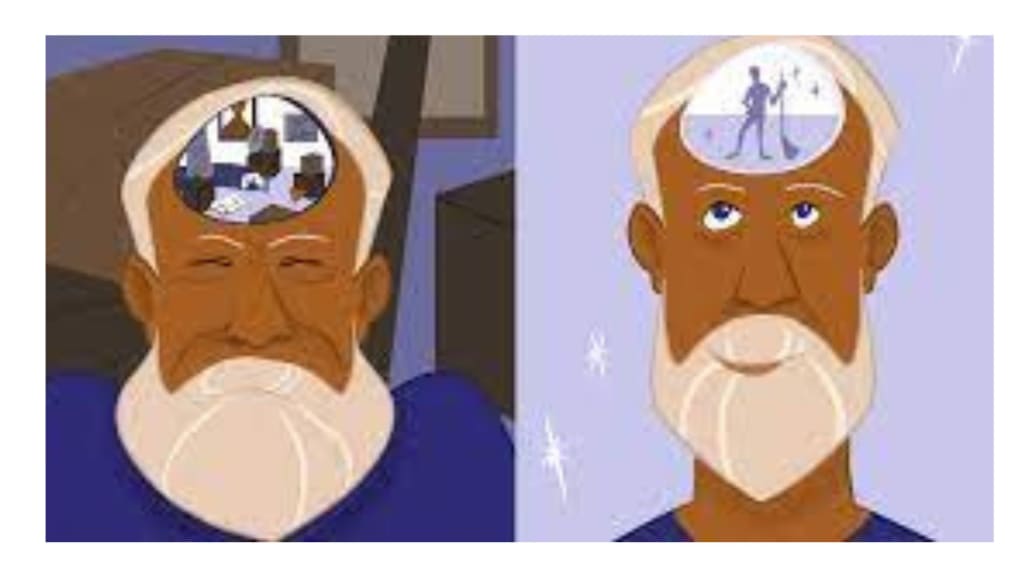Clutter house is the silent killer of mental health
Decluttering is a daunting task but it will create a good impact on your life.

New research has found that almost half of the world’s population suffers from some form of anxiety, with many having their mental health deteriorating as a result. Mental illness is on the rise, and people have become more aware than ever before of the negative effects it can have on our lives.
There are few things that directly impact our mental health more than a cluttered house. Clutter has been proven to cause stress, make us feel anxious, and also impact our ability to focus or find things when we need them most. If you’re reading this article right now and feeling triggered because your home is filled with mess and clutter, don’t worry, you’re not alone.
According to the U.S. Department of Housing and Urban Development, almost 20% of American homes are considered to be hoarders or messy properties. Of those homes, a majority of them had occupants that fell into the older demographic bracket. These older adults are now facing an increased risk of developing anxiety disorders and other mental health issues as a result of living in cluttered environments for an extended period. Did you know that clutter is known by many as the silent killer of our mental health? Let’s explore more about what clutter does to our minds and how we can manage it better.
Clutter is common but decluttering is essential
Mental clutter is everywhere. It lurks in the back of our minds, squeezes its way into our everyday lives, and often becomes our primary focus. Cleaning out our mental closets and removing clutter from our lives is not an easy task. But it’s something we all have to do at some point. The problem lies in making that first step towards decluttering your mind.
Why clutter is not good for mental health?
Clutter house is a term used to describe having too much stuff in your home. It’s not just an aesthetic problem—clutter can cause stress, lack of organization and even poor health. The main culprit behind cluttered houses is the way we use space: we put things away haphazardly, and then we end up with piles of things everywhere.
The cluttered house also happens when you don’t have enough storage space or drawers to store everything you own. You also need to be willing to declutter every once in a while you can’t keep cleaning up the same mess forever.
Another contributing factor is mental health: people who are experiencing anxiety and depression are more likely to hoard stuff because they feel like it will make them feel better. This can lead to a vicious cycle, where more clutter leads to more mental health issues, which makes you want to hoard even more.
Finally, a cluttered house can cause physical health problems as well. Having too much stuff on your floor can increase your risk of injury or falls, and crowded homes can cause respiratory issues for young children who spend most of their time breathing in dust particles and chemicals from carpeting or furniture. All of these factors contribute to the overall feeling that a cluttered house.
Why cluttered house is not good?
Cluttered houses can be bad for mental health because the extra stuff in your home makes it harder to focus and can cause stress. Having clutter also makes it harder to find things, which means you have to spend more time looking for stuff.
When you have a cluttered home, it’s hard to feel like you have enough space. This can make you feel stressed because there just isn’t enough room for everything you need.
Stuffed drawers and cupboards also take up more space than they should, so you need more room on your furniture. This causes issues with storage space, which is bad for a cluttered house. All of this extra stuff can also make it harder to find things when you need them.
You might forget where something is if there’s too much stuff around, or even that it even exists at all. This can make it stressful to try and find something, which can lead to anxiety and stress.
Why do people clutter?
- Feeling comfortable in using the same things even if it is not in good condition
- Things that carry some memory of life
- Things with sentiment
How do you declutter a house?
- Think of yourself as a guest and view your home
- Keep a checklist and routine of cleaning
- Buy separate organizers which make you feel good and fresh
- Donate your unused clothes
- Differentiate necessary and unnecessary clearly at the beginning
- Don’t stuff too much old things for memorable causes
- Decluttering will show how much you have wasted on shopping
- Decluttering teaches you to have control over life
- Impacts of a cluttered house
- Less control over life
- High stress because of the mess
- Difficulty in focusing on tasks
- Procrastination
- Relationship issues
- Poor quality of life
- Financial problems due to unnecessary purchase
Conclusion
A cluttered house is not good for mental health because it causes stress and anxiety. This can lead to depression and other mental illnesses. In addition, a cluttered house can be a sign of poor mental health. If you spend too much time around clutter, then you might start to feel anxious or stressed out. You may also start to feel overwhelmed. This can lead to more stress and anxiety. This can make your mental health worse.
Decluttering is a daunting task but it will create a good impact on your life. It can also lead to poor decision-making. You might make bad decisions that cause more stress and anxiety. This can further affect your mental health.
So, it is important to keep your home clean and organized at all times. This helps you feel less stressed and less anxious. In addition, having too many things in your home can make it difficult to find things when you need them. This can be especially true if you have children in the home as they are often messy and forgetful.





Comments
There are no comments for this story
Be the first to respond and start the conversation.